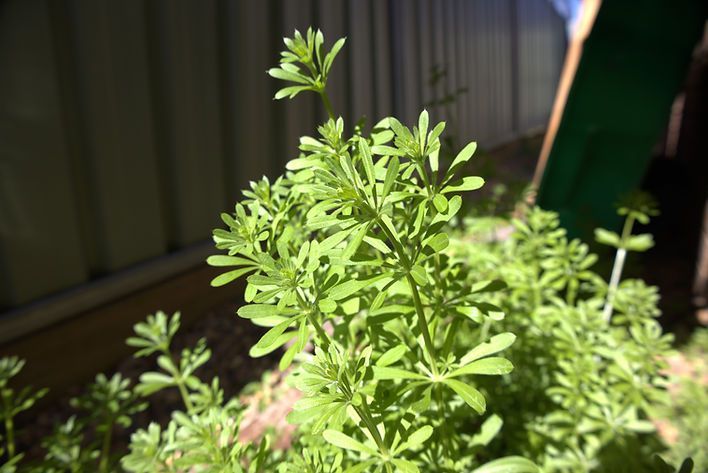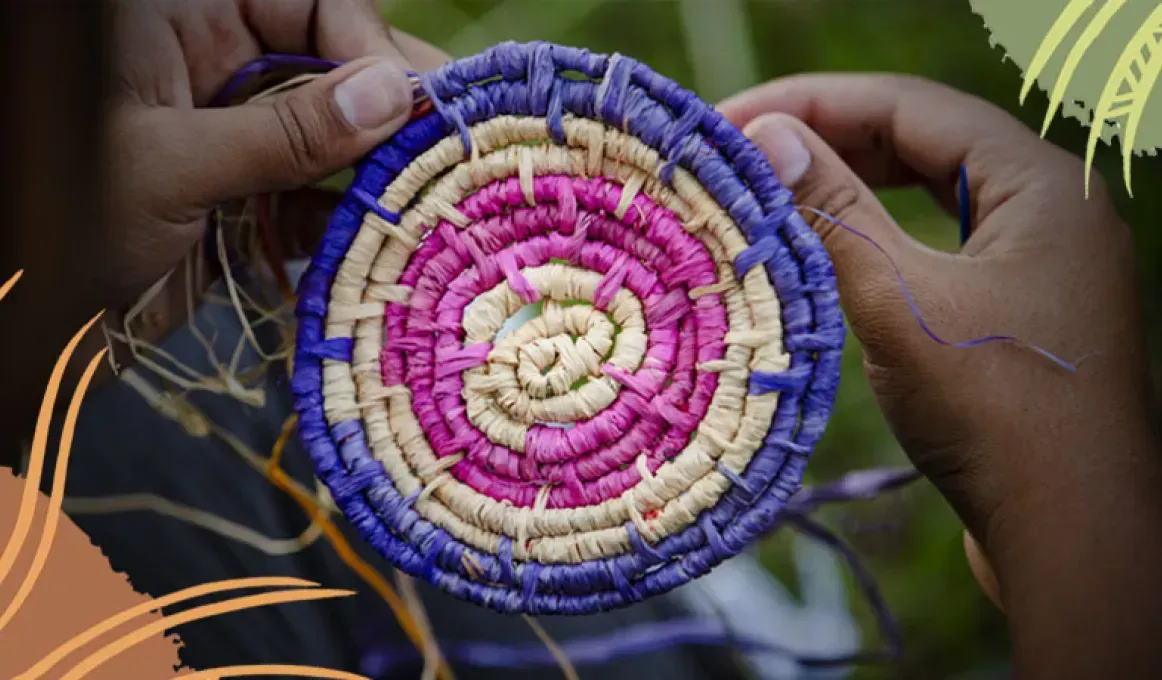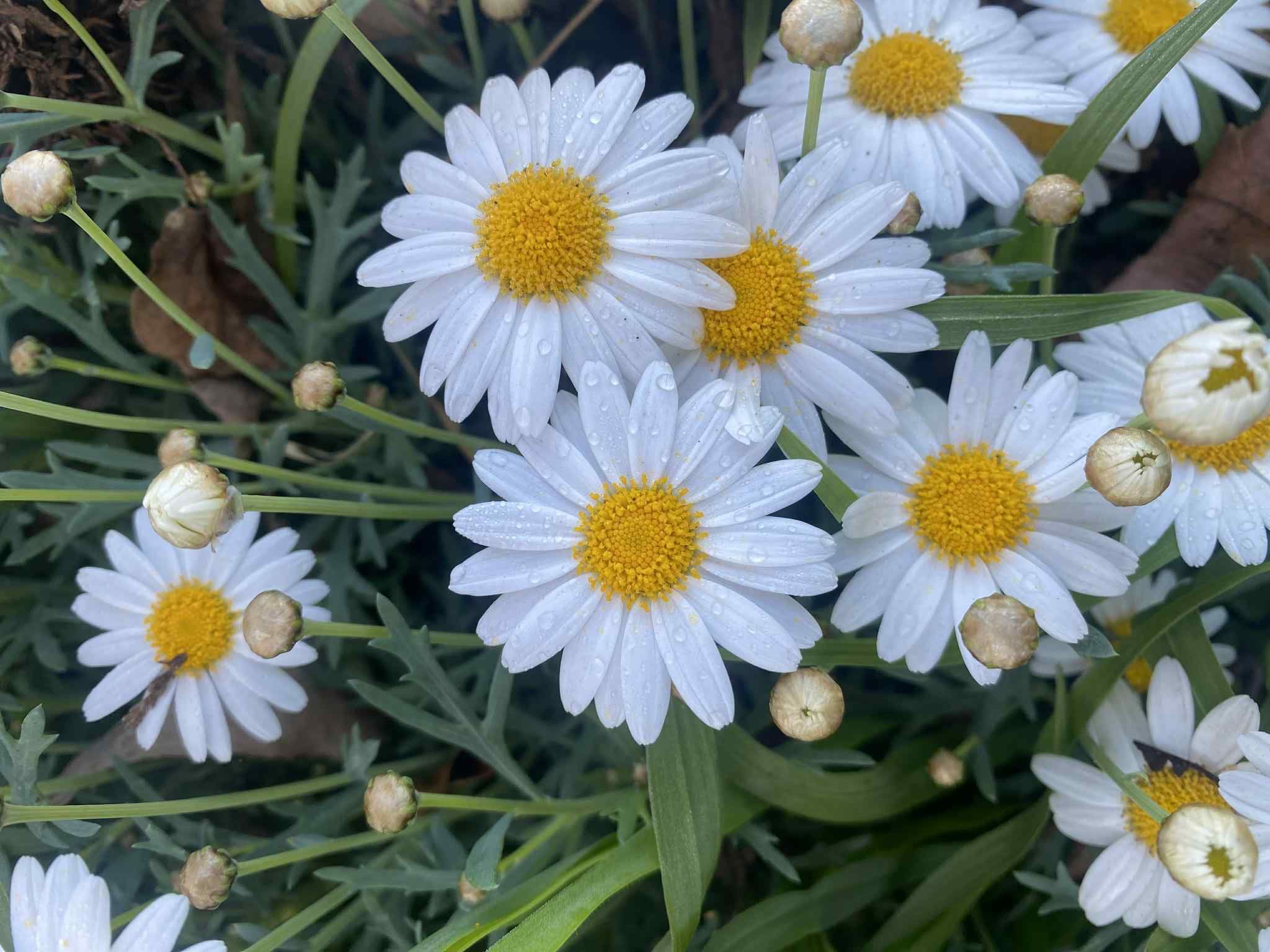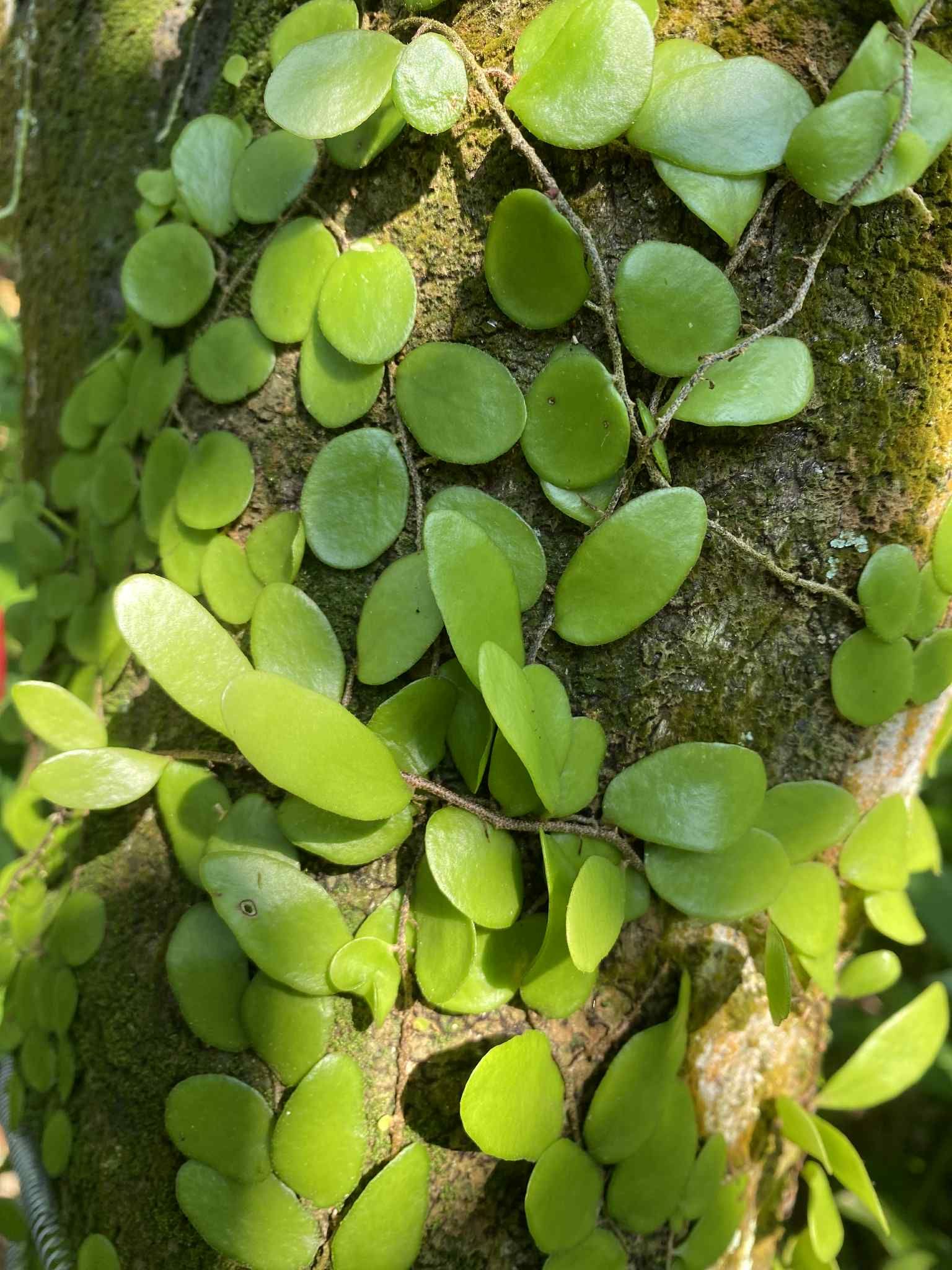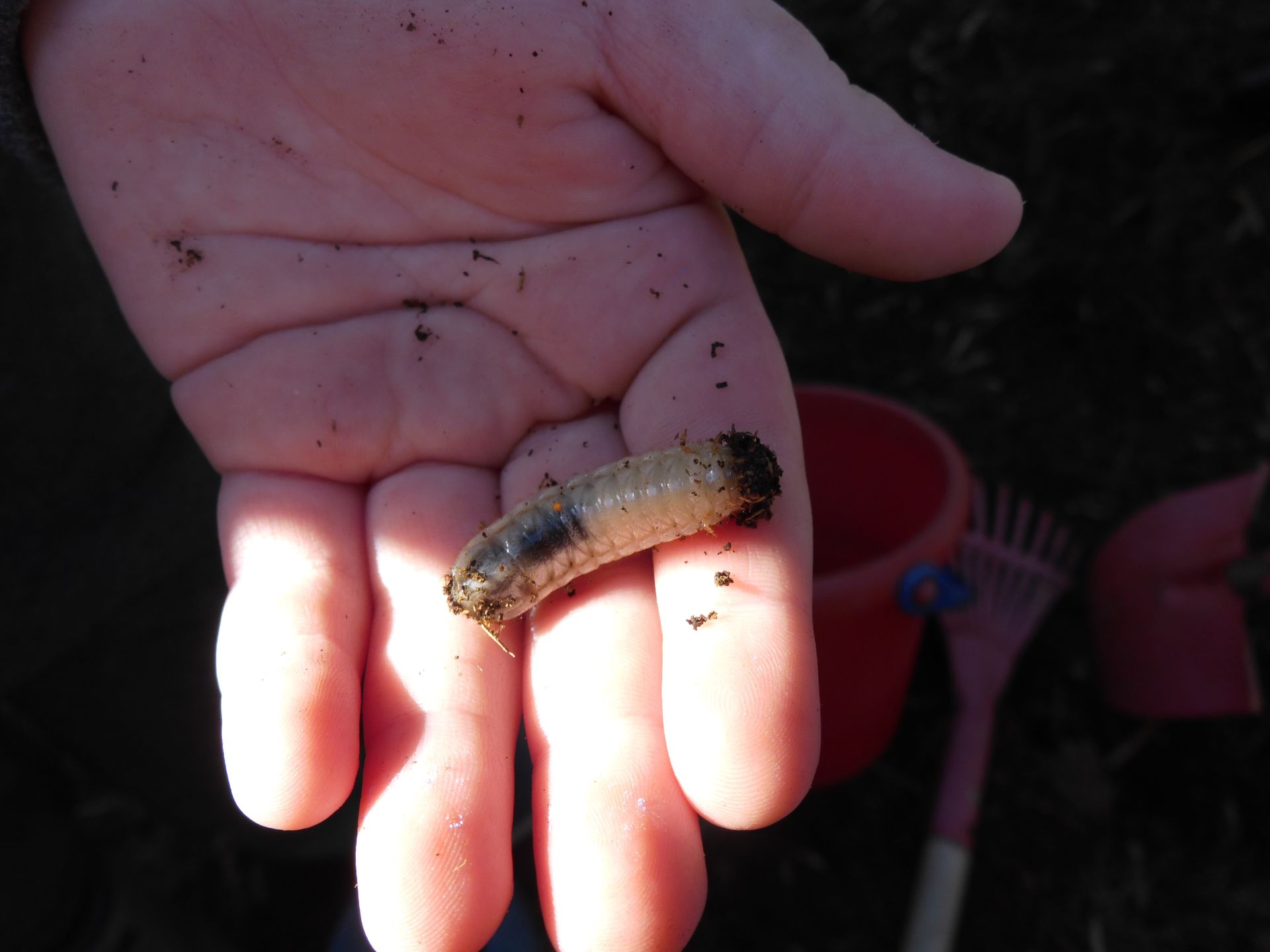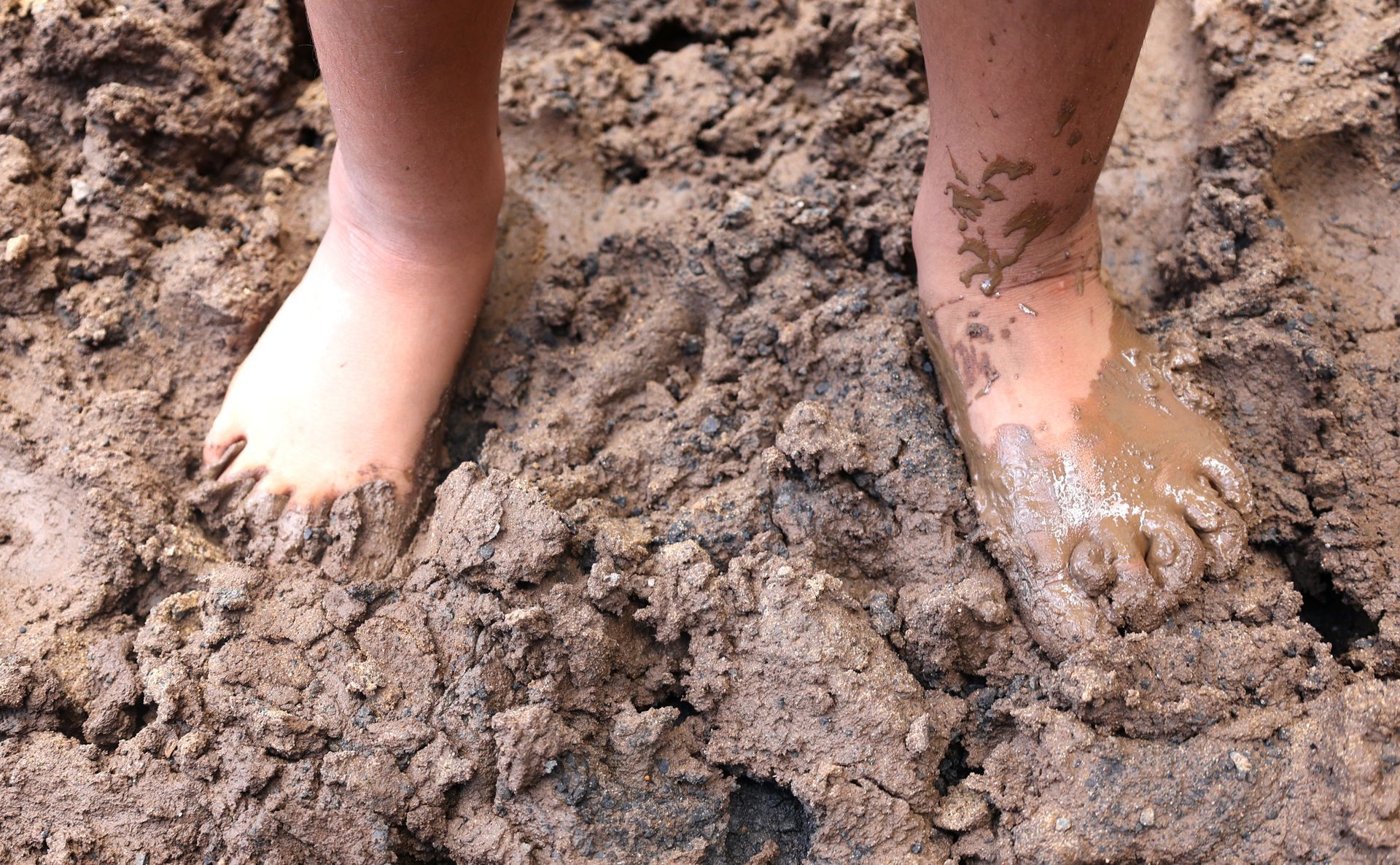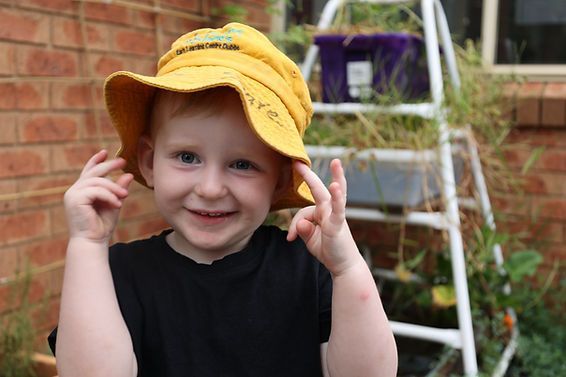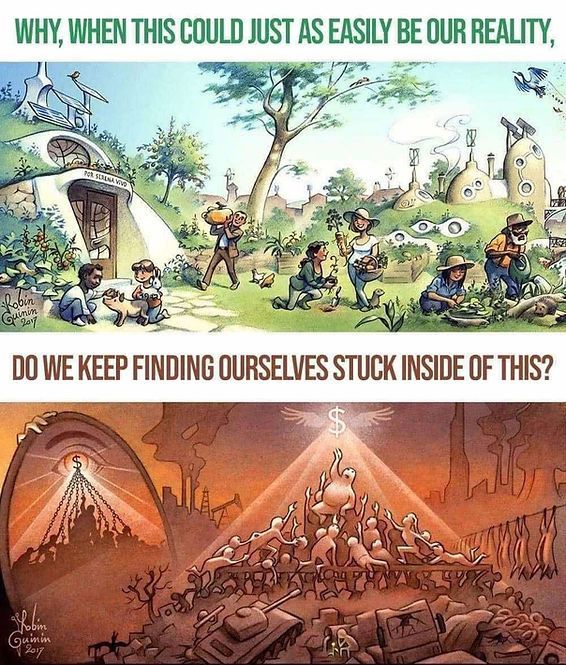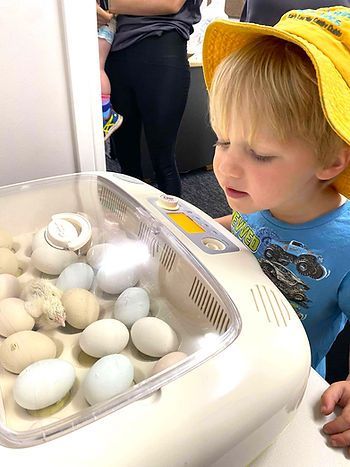Why do I love weeds?
If you have read any of my learning stories, newsletters or heck even spoken to me for a prolonged length of time, you've probably discovered that I've become a bit passionate about weeds.
Assuming you didn't immediately write me off as an odd dude (and I certainly wouldn't blame you if you did)
you may even have wondered why I like them.
Well you might be surprised to find, that It’s all to do with mindset.
The further I go into self-development, the more I am reminded at every turn about the power of mindset and the dangers of self-limiting belief.
Where do we pick up self-limiting beliefs, how do these mindsets take shape?
Language.
It’s the things people say, the messages we are exposed to at a young age, the labels we hear and adopt for ourselves.
“He is timid, she is bossy, that child always does the wrong thing, he’s spoiled at home…”
We learn this language passively while growing up and then we apply it to ourselves, how we see others, and the world around us. The propensity to make judgements.
The problem is when used carelessly, that language often promotes the development of fixed mindsets, as opposed to mindsets of growth.
Many of the beliefs that come from a fixed mindset will hold us back, from growing, from learning, or broadening our horizons. This in itself is reason enough to seriously reconsider labels and the kinds of language that reinforce them.
(On that subject, I would highly recommend reading The Danish Way of Parenting, which has some incredible insights on the power of language)
But why do I love weeds??
Because what we deem to be a "weed" is just another mindset. Weeds are simply plants that we consider unwanted, out of place, or without value.
It’s the language we’ve been exposed to.
Why did weeds get labelled that way?
Probably because they are so bloody resilient and show up again and again, no matter what we do.
But in fact, weeds are simply doing their job. The plants we call weeds are the ones that do best in damaged soil. They repair the damage we cause, and if left alone long enough to do their work, they will create the conditions that allow other plants to thrive.
Weeds improve soil, they feed the micro-organisms on which life depends and often other plants too.
Eventually weeds create an environment that they themselves can’t survive in.
Isn’t that amazing! Weeds are the hardworking pioneers of urban wastelands and biological deserts.
Not only that, many of the plants we consider to be weeds are highly edible and or have medicinal uses. And because they grow naturally without the use of fertilizers or pesticides, they are much more nutritious than anything you will find at a supermarket.
Lastly, as someone who has always dreamed about becoming more self-sufficient, I love the confidence that comes with knowing that even if my life went to hell-in-a-handbasket, I now know how to identify and enjoy nature’s bounty even in the middle of a city.
But that's the power of self-development and challenging embracing a growth mindset.
Sure, I’d prefer the weeds I grow at home, the ones I know have not been sprayed with poisonous chemicals, but if I had to survive on the streets, I’d still be more comfortable eating something that only might have been sprayed, rather than the store-bought produce that I know has been.
Weed foraging is not entirely without its risks, you need to learn what you are doing and take your time to practice and try new foods and medicines safely.
But it's worth it, if for nothing else then to challenge your mindset.
Until next time, enjoy the wild places wherever you are,
Dallas

